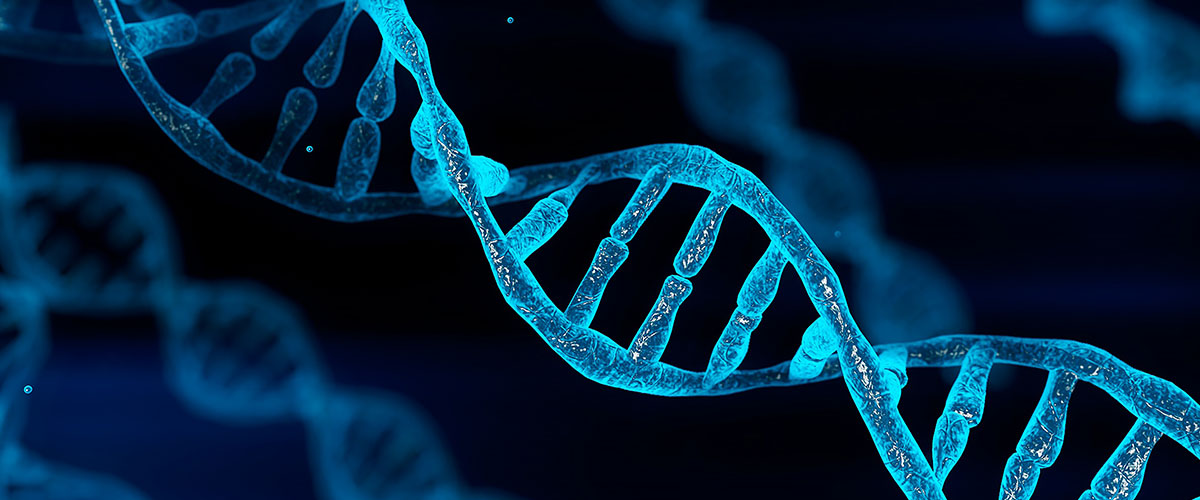)
Immune Resistance Interrogation Study (IRIS)
Project Title: Immune Resistance Interrogation Study (IRIS)
Project Duration: 2020-2026
MOHCCN Consortium: Princess Margaret Cancer Consortium
Investigators: Dr. Anna Spreafico, Dr. Lillian Siu, Dr. Albiruni Razak, Dr. Philippe Bedard, Dr. Marcus Butler, Dr. Samuel Saibil, Dr. Lawson Eng, Dr. Trevor Pugh, Dr. Ming Tsao, Dr. Ben Wang, Dr. Nikolina Radulovic, Dr. Nhu-An Pham.
Partners:
- Princess Margaret Cancer Centre
- OICR
Aim/goals:
- To define genomic, transcriptomic, epigenetic and immunophenotypic profile of tumors with primary vs acquired resistance to anti-PD1/PD-L1 based therapy.
- To define genomic, transcriptomic, immunophenotypic and epigenetic features and changes associated with subsequent therapies and to evaluate the impact of real-world health care outcomes linked to the sequencing data generated from this study.
- Exploratory objectives include evaluation of radiomic parameters and fecal microbiome, generation of patient-derived organoids and facilitation of data and sample sharing with the research community.
Summary:
Immunotherapy has rapidly become one of the main treatment options for cancer patients. Unfortunately, in most cases immunotherapy is effective only for a limited period of time (acquired resistance) or it never works (primary resistance). Characteristics of the tumor and the immune cells can both contribute to the failure or success of immunotherapy. As of today, there are no available biomarker to identify upfront all the patients that will not respond to immunotherapy or to distinguish those patients who will progress after initial benefit. A deeper comprehension of the factors underlying primary and acquired resistance to immunotherapy is needed to optimize the treatment algorithm of cancer patients and guide the development of novel anticancer therapies to prevent or revert drug resistance. IRIS is a complex, prospective, Princess Margaret Cancer Center initiative aimed at comprehensive molecular characterization of tumors with primary and acquired resistance to immunotherapy. A one-time fresh tumor biopsy, blood and stool samples and archival tissue are collected at the time of progression on immunotherapy (baseline) from all the participants. Longitudinal blood samples are obtained 15 days after the start of a new anticancer therapy and then every 2-3 months, around the time of tumor imaging, until progression in patients receiving a subsequent treatment. Subjects who are not amenable for therapy undergo blood collections at the time of further progression. Results of genomic profiling performed on the first biopsy core are returned to patient and physician to guide further treatment.
